An Introduction
Veda Vyasa, Xu Xun, Thucydides, Heraclitus, Homer, Xenophon, Plato, Aristotle, Plotinus,
Muhammad, Augustine, Dante, John Calvin, John Owen, George Whitefield, Charles Spurgeon,
Schopenhauer, Hegel, Faust, Nietzsche, Carl Jung, Einstein, Wolfgang Pauli,
and many other wise men have walked this earth and wrought wonders beyond the comprehension
of most of society, and yet each in their own way established systems of thought that forged
vital dcotrines which are inherently tied to the reestalishment of a baseline for comprehending
long-lost doctrines which were only known to those of antiquity - doctrines which are of
vital interest to all individuals in the world who have an interest in the promotion of
life, vitality, spirit, glory, wisdom, fire, and power in the midst of a culture and society
that has worshipped at the altar of complacency, mediocrity, foolishness, and false virtue.
With such in mind, it is vital that those who are in the land of the living who have a fire in
their soul and an unceasing anguish to see the life and light return to the eyes of their beloved
friends and family that they search out the works of men such as these in rightly attaining to
a vital comprehension of the world stage in order that the living might not be
consumed by the masses who wish to enslave the living to a dead land's false morality.
When considering these great men, many just presume to think that no one will
ever be capable of rising to such heights in humanity's scope ever again. A
general malaise and contemptible spirit has harangued modern man into thinking
that the most noble and most honorable course an individual can follow in this
life is one of utter obscurity and derision, working and raising a family with
little to no aspirations for the pursuit of such callings or of promoting in one's
own family a view of yourself as someone who is to be admired and esteemed as a
priest unto God or as a Greek Hero of Old. Rasing a family is a high calling, and
as such is the case it should be revered and celebrated, but such is not nearly
as powerfully wrought without a community of vital brotherhood and fellowship that
highly esteems the pursuit and promotion of such interests amongst its various members.
This is something that society has lost in terrible measure since having succumbed to
the terrible destructive power of the death of its God in its collective consciousness.
Many remain in the perilous grip of the cankerworm of bitterness and despair and the haughty
embrace of the spirit of this age which lavishes itself with repose and disdain for all who
have a zeal and contempt for the divine and for the forlorn. The Utter hatred and malice that
shows forth collectively against all that is esteemed to be woke, akin to a 'snowflake', or
that which is gracious and powerful in both masculine and feminine form, and that now favors a
brutality and disgust for sound reason and for any feminine grace.
Such a travesty when duly considered is to be expected for many if not most,
but for those who have had a fire lit inside their soul since their youth, it is
my aim and interest to fan such flames into a roaring inferno by revealing to
such souls the ambrosia of wisdom that the works of these men possess within their
pages such that our society might be given the fire of the Gods to purge and refine
those whose hearts are of rare substance, that they might be fit to train and strengthen
their hands and the hands of others in the way.
What way, one might ask? "There is only one way and that is your way. You seek the path
I warn you away from my own. It can also be the wrong way for you. May each go his own way.
I will be no savior, no lawgiver, no master teacher unto you. You are no longer little children."
- Carl Jung
Such wisdom tramples upon the institutions of men, and is what has bound and gagged humanity
from its pursuit of it's own discovery of its self. If humanity would wish to grow and obtain
a greater experience of consciousness in its midst, then it must be willing to face itself in
the mirror of its making, and mighty figures often times prove to be the clarion call of the
collective unconscious to signify a new age and a new way. Hegel suggested in his works that
men such as Caesar and Napoleon, as examples of such a caliber, are individuals whose strength
and vitality not only in body but in mind and decorum wrought for themselves a mastery of life
that justified their defiance of the laws of their day as such were fated to reign over men and
to wage warfare on dead and dying systems of government, which demonstrates the following pithy
quote, “the history of the world moves on a higher level than that of morality.” The advancement
of society is more important than the maintenance of an old system of laws which kill and subdue
not only the criminal and vile, but that kill the healthy, the valiant, the wise, the prudent,
the zealous, the fiery, and the strong. These individuals may “treat other great and even sacred
interests inconsiderately when such is required for that which is beyond good and evil — a conduct
which subjects such individuals to moral reprehension by their own country and land. Such should
not surprise such individuals, for such wisdom was once spoken by none other than the Christ himself,
who said, "And he said, Verily I say unto you, No prophet is accepted in his own country."
- Luke 4:24
With such in mind, the following Text from Nietzsche's "Thus Spoke Zarathustra"
serves as a backdrop against which the wisdom of the ancients will be given an opportunity
to be given full vent, as the dead still speak and our generation has plugged our ears and stomped
its feet in contempt, but the dead shall be heard, one way or another, for generations upon generations
of souls have traversed the very earth that we all walk on and have lived lives that most cannot comprehend,
and yet our society goads itself on in an ever increasing state of decadance and ignorance, while the
many whose wisdom might guide humanity to the stars are given cruel and unusal punishments and are whipped
and stripped of all their dignity and grace, and yet, such who have been crucified have been sent a gift - a
profound and unseemly gift that will make the hearts of the righteous glad once again, and this gift is something
which these men who spent their lives in deep inquiry and study have left in the annals of history and in their
works which still speak to this day, therefore I would intreat you to consider the following text, as it will serve
as the launchpad from which this website will seek to divulge and explore this vast array of philological literature,
as a calling card to all who maintain that God is dead, for Nietzsche himself proclaims that it is mankind who has
killed him:
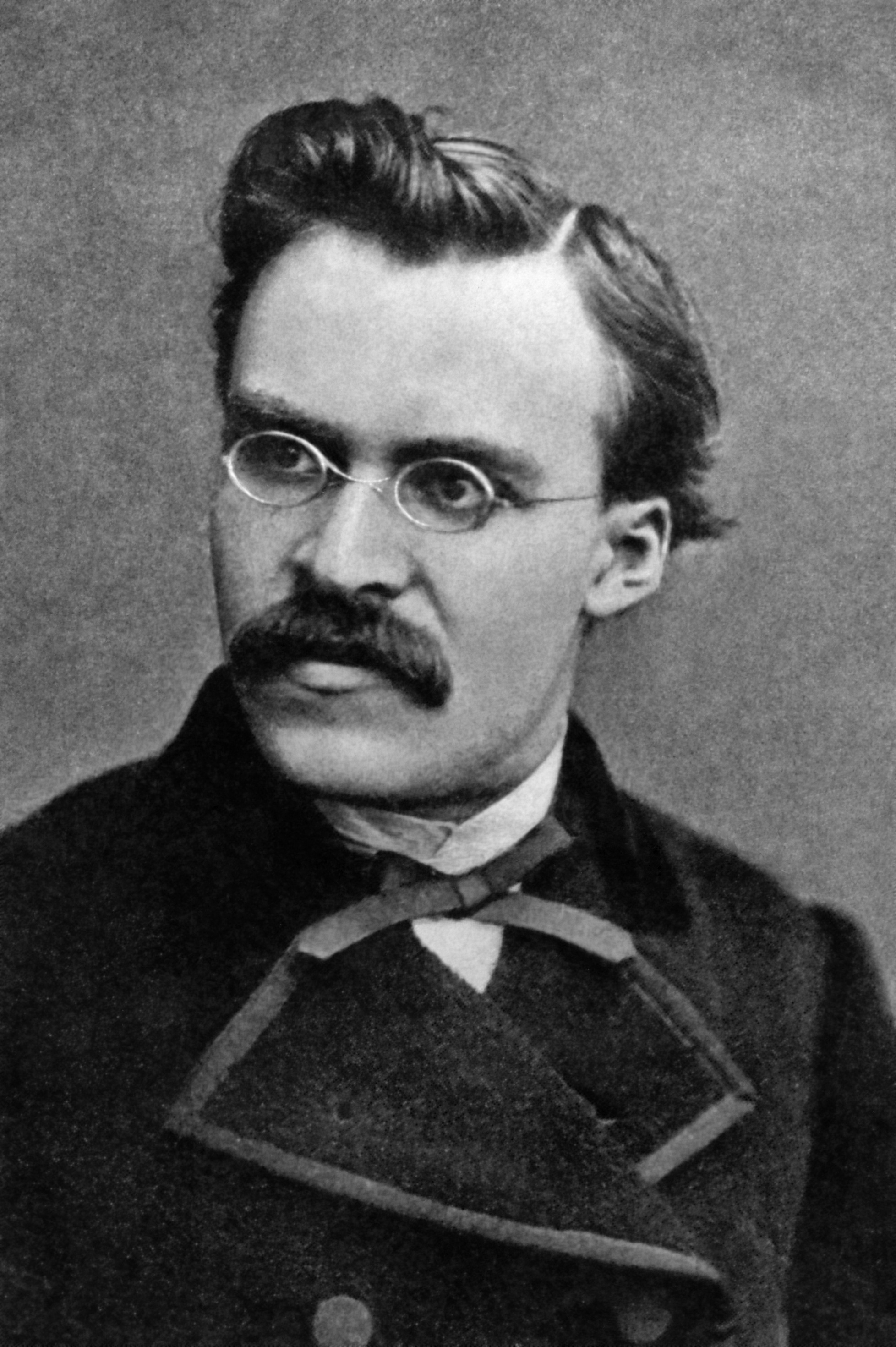
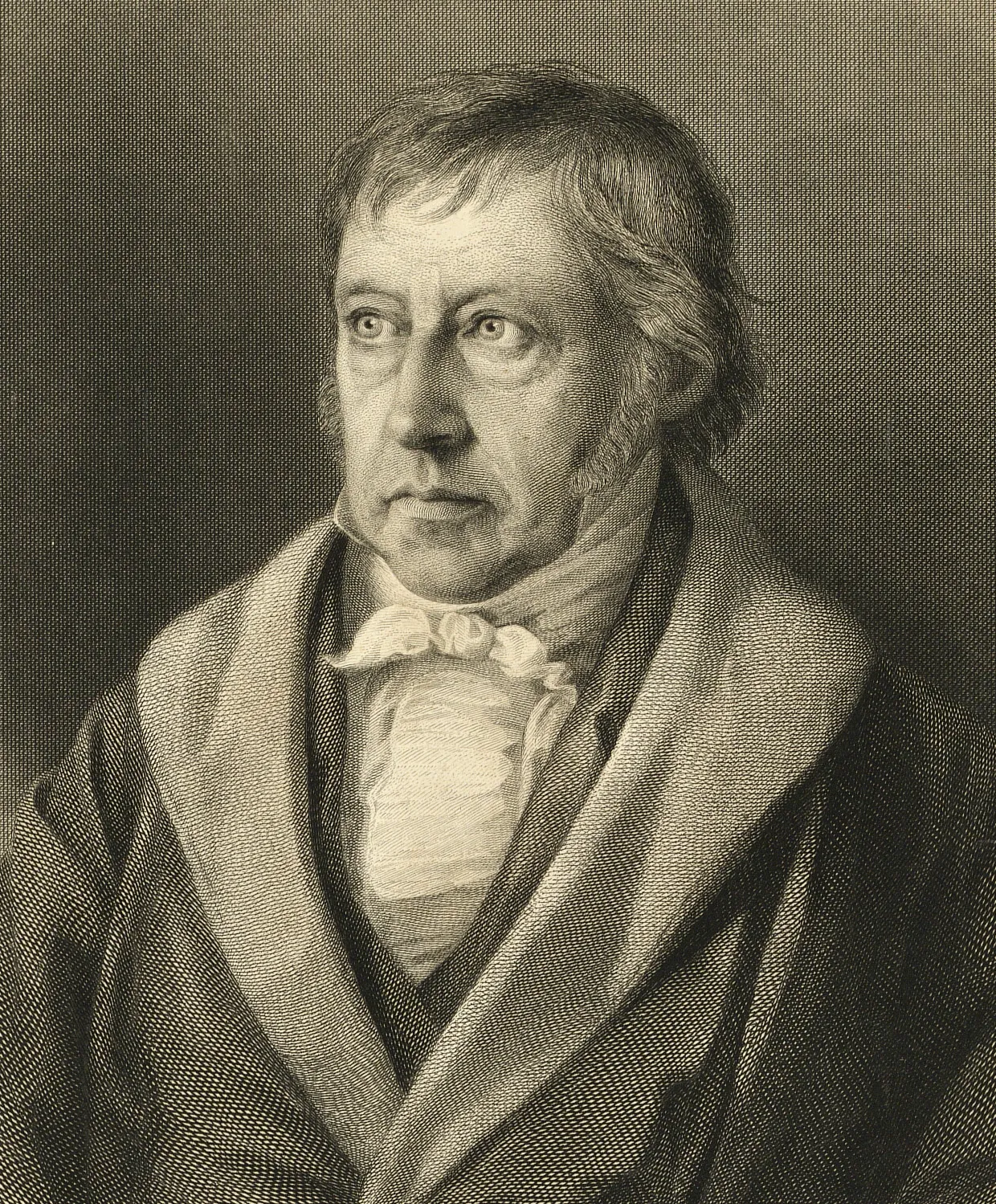
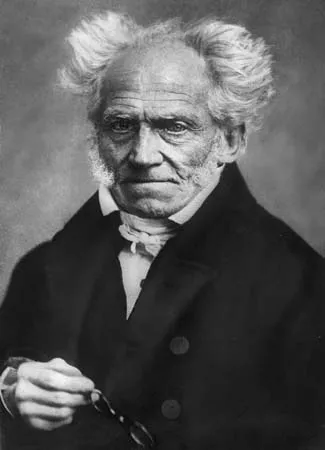


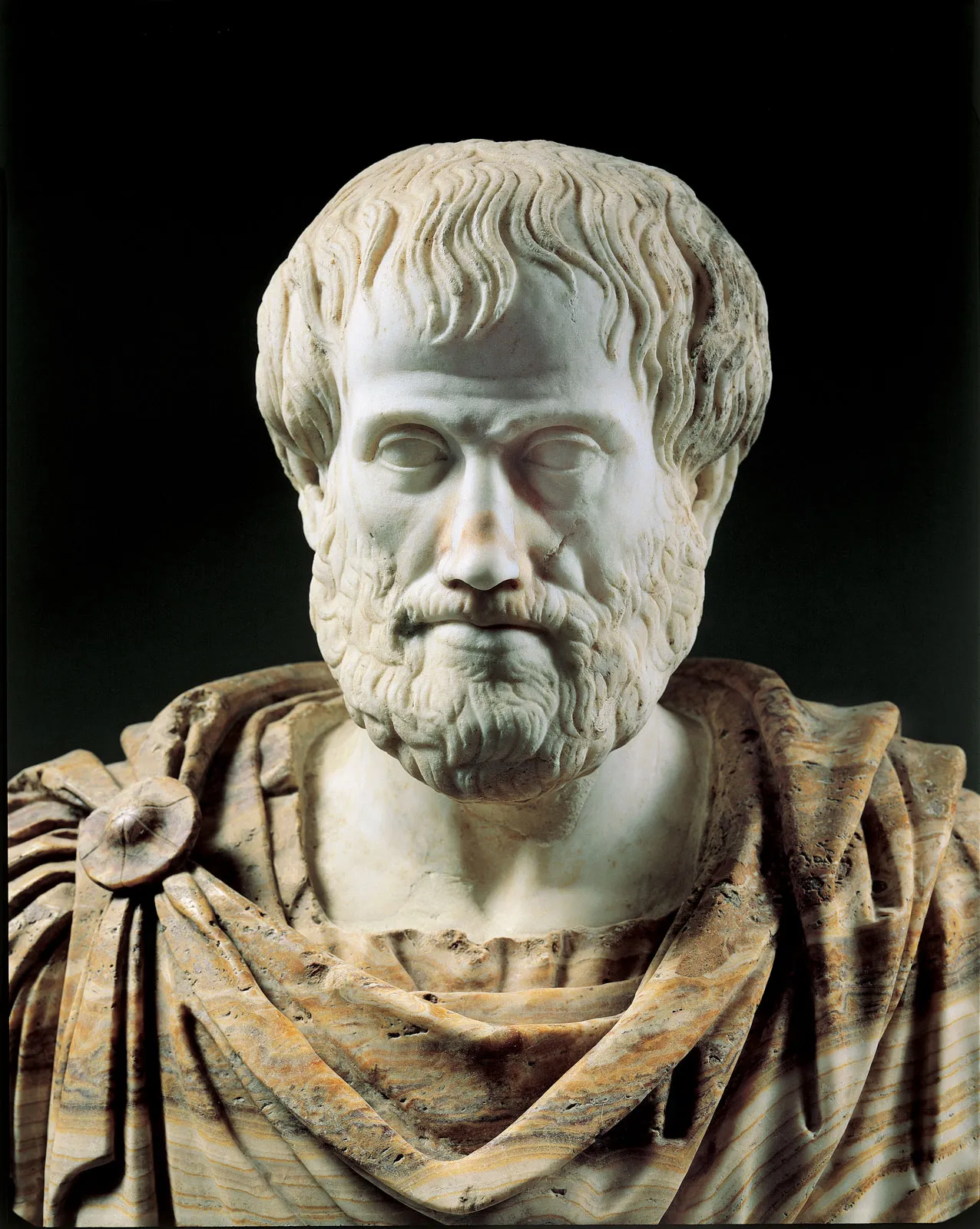
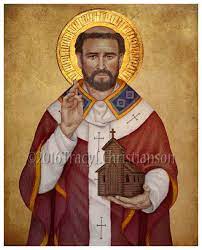
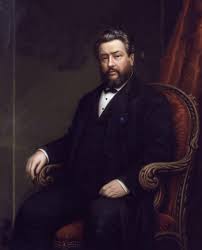
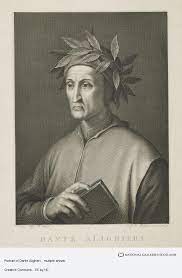


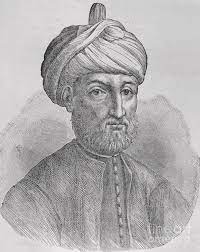
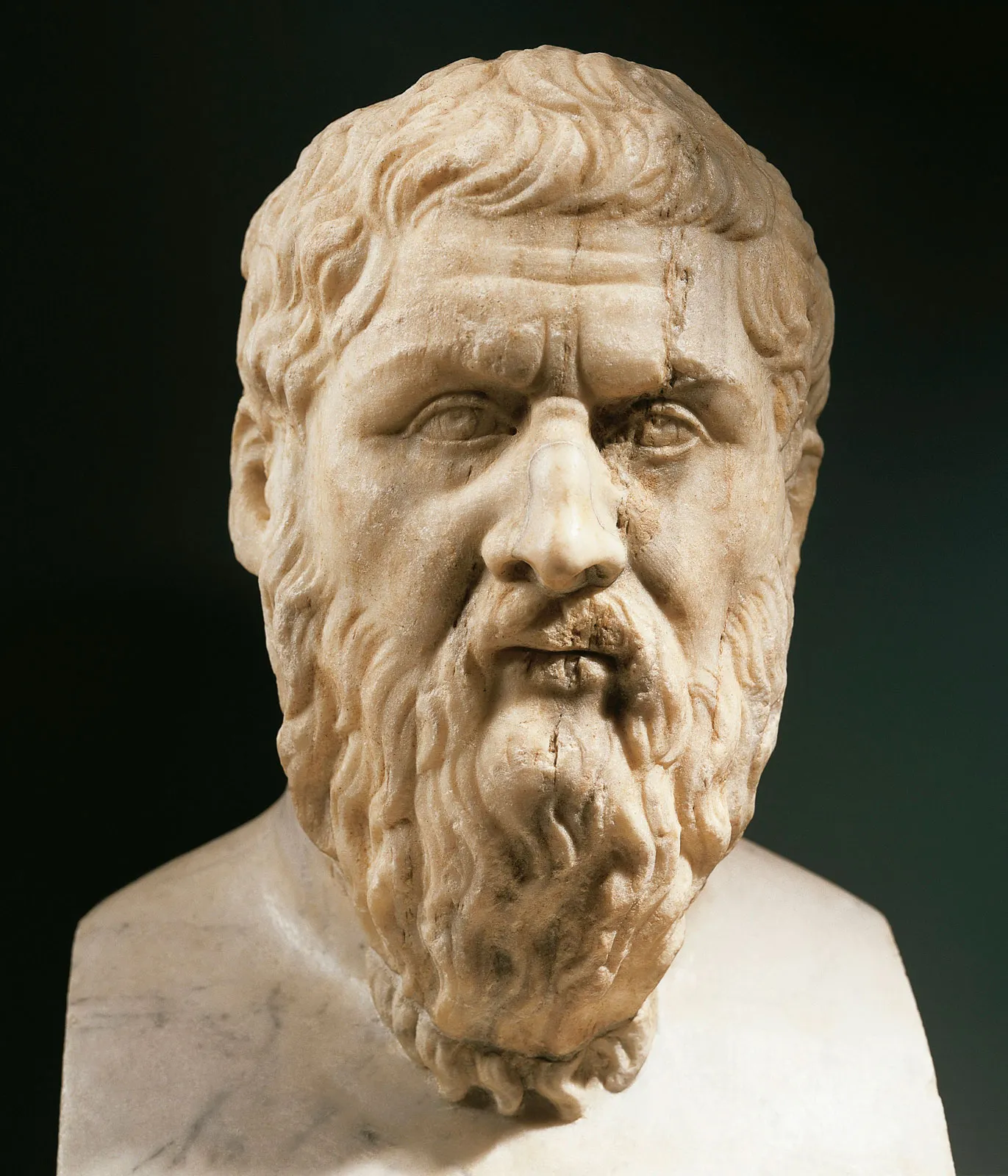
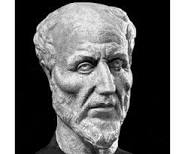
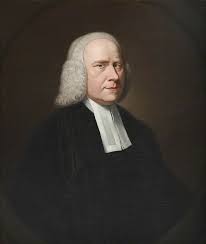
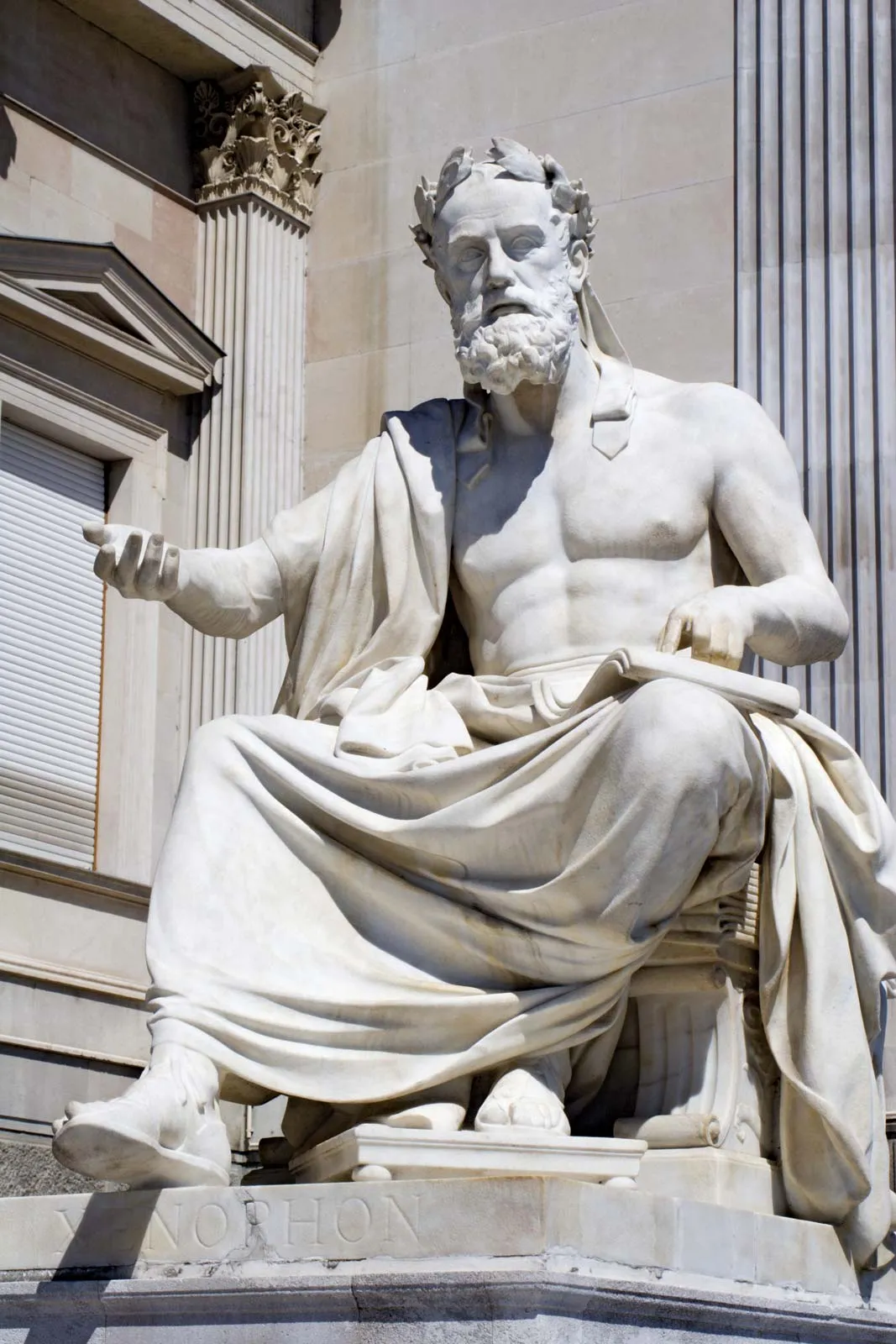

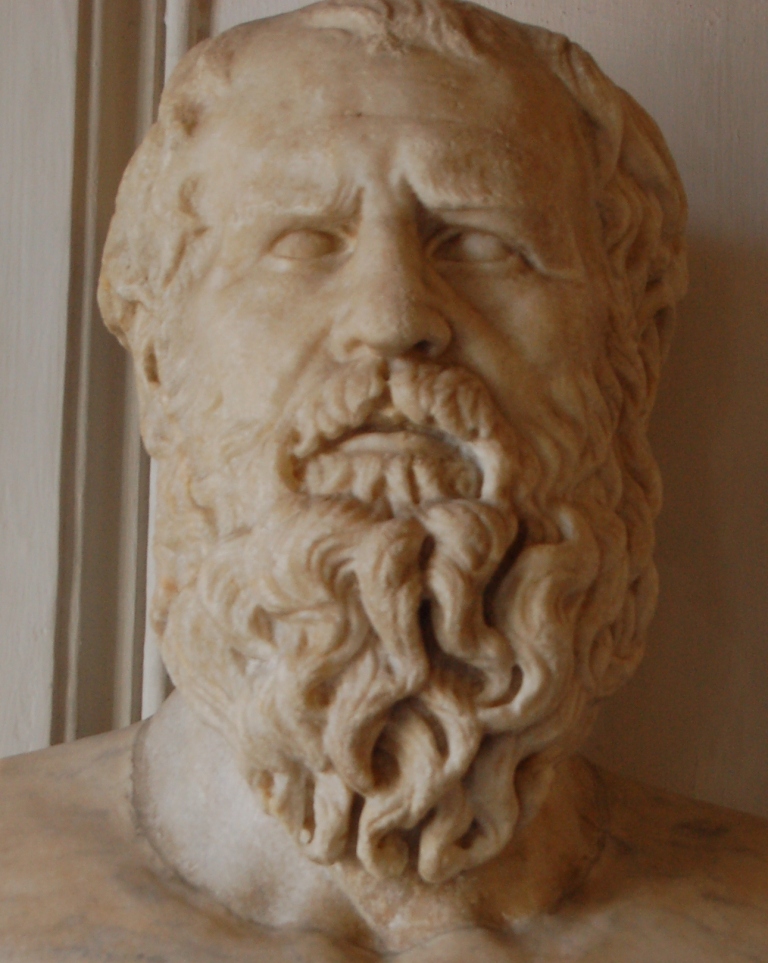
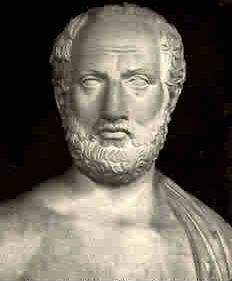
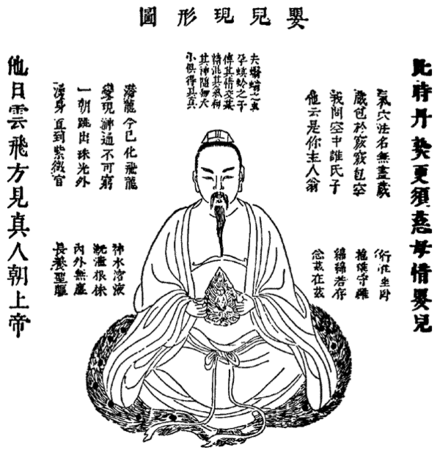
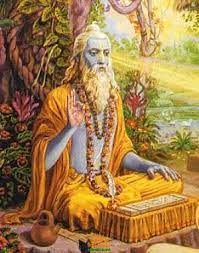
Excerpt taken from Friedrich Nietzsche's "Thus Spoke Zarathustra".
When Zarathustra arrived at the edge of the forest, he came upon a town. Many people had gathered there in the
marketplace to see a tightrope walker who had promised a performance. The crowd, believing that Zarathustra
was the ringmaster come to introduce the tightrope walker, gathered around to listen. And Zarathustra spoke to
the people:
I teach you the Overman! 1
Mankind is something to be overcome. What have you done to overcome
mankind?
All beings so far have created something beyond themselves. Do you want to be the ebb of that great tide, and
revert back to the beast rather than overcome mankind? What is the ape to a man? A laughing-stock, a thing
of shame. And just so shall a man be to the Overman: a laughing-stock, a thing of shame. You have evolved
from worm to man, but much within you is still worm. Once you were apes, yet even now man is more of an
ape than any of the apes. […]
Behold, I teach you the Overman! The Overman is the meaning of the earth. Let your will say: The Overman
shall be the meaning of the earth! I beg of you my brothers, remain true to the earth, and believe not those
who speak to you of otherworldly hopes! Poisoners are they, whether they know it or not. Despisers of life are
they, decaying ones and poisoned ones themselves, of whom the earth is weary: so away with them!
Once blasphemy against God was the greatest blasphemy; but God died, and those blasphemers died along
with him. Now to blaspheme against the earth is the greatest sin, and to rank love for the Unknowable higher
than the meaning of the earth!
Once the soul looked contemptuously upon the body, and then that contempt was the supreme thing: -- the
soul wished the body lean, monstrous, and famished. Thus it thought to escape from the body and the earth.
But that soul was itself lean, monstrous, and famished; and cruelty was the delight of this soul! So my
brothers, tell me: What does your body say about your soul? Is not your soul poverty and filth and wretched
contentment?
In truth, man is a polluted river. One must be a sea to receive a polluted river without becoming defiled. I
teach you the Overman! He is that sea; in him your great contempt can go under.
What is the greatest thing you can experience? It is the hour of your greatest contempt. The hour in which
even your happiness becomes loathsome to you, and so also your reason and virtue.
The hour when you say: What good is my happiness? It is poverty and filth and wretched contentment. But
my happiness should justify existence itself!
The hour when you say: What good is my reason? Does it long for knowledge as the lion for his prey? It is
poverty and filth and wretched contentment!
The word here translated as “Overman” is the German word “Übermensch,” which is also sometimes translated as “Superman.” Goethe, Nietzsche, and others used this term, and for Nietzsche it specifically refers to the superior man, who justifies the existence of the human race. He argued that this superior man is not a product of long evolution; rather, he emerges when any man with superior potential completely masters himself and strikes off conventional Christian “herd morality” to create his own values, which are completely rooted in life on this earth. The true Übermensch is not a nihilist—he overcomes nihilism. [adapted from Encyclopedia Britannica]
The hour when you say: What good is my virtue? It has not yet driven me mad! How weary I am of my good and my evil! It is all poverty and filth and wretched contentment! The hour when you say: What good is my justice? I do not see that I am filled with fire and burning coals. But the just are filled with fire and burning coals! The hour when you say: What good is my pity? Is not pity the cross on which he is nailed who loves man? But my pity is no crucifixion! Have you ever spoken like this? Have you ever cried like this? Ah! If only I had heard you cry this way! It is not your sin -- it is your moderation that cries to heaven; your very sparingness in sin cries to heaven! Where is the lightning to lick you with its tongue? Where is the madness with which you should be cleansed? Behold, I teach you the Overman! He is that lightning, he is that madness! And while Zarathustra was speaking in this way, someone in the crowd interrupted: "We've heard enough about the tightrope walker; now it's time to see him!" And while the crowd laughed at Zarathustra, the tightrope walker, believing that he had been given his cue, began his performance. Zarathustra, however, looked at the people and wondered. Then he spoke thus: Man is a rope stretched between the animal and the Overman -- a rope over an abyss. A dangerous crossing, a dangerous wayfaring, a dangerous looking-back, a dangerous trembling and halting. What is great in man is that he is a bridge and not a goal: what is lovable in man is that he is an over-going and a down-going. […]